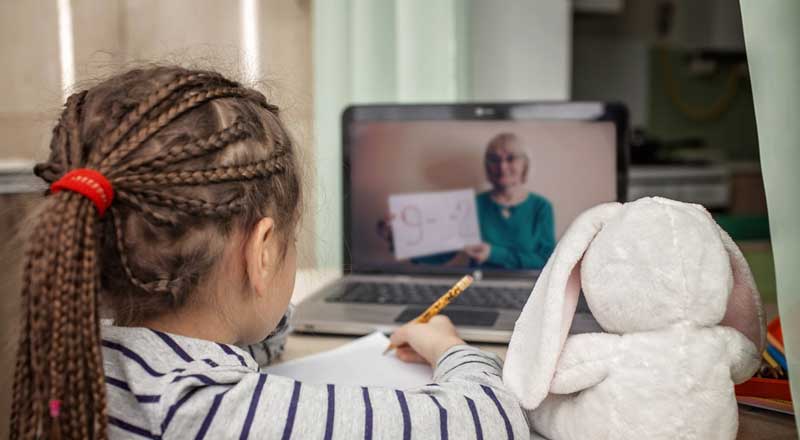Vomiting can be scary for your child and for you, but it is a common occurrence in young children. Children usually vomit from bacteria, a virus or from parasites. In most cases, vomiting is not serious unless it causes dehydration from losing too much fluid. In fact, the vomiting is helping to keep your child safe from harmful germs.
Causes in Children
The most common reason kids vomit is gastroenteritis, also called the stomach flu. This happens when your child gets a germ that infects his stomach. Food poisoning is another reason for vomiting. Kids get this if they eat contaminated food. Sometimes, children vomit when they have an illness, such as an ear or bladder infection, a head injury or appendicitis.
Causes in Babies
When a baby regularly vomits after feedings, she could have gastroesophageal reflux disease. This occurs when the muscle that controls the flow of food from the mouth to the stomach doesn’t work properly, causing food to come back up. Another muscle problem in young babies is pyloric stenosis, where a muscle between the stomach and intestines is too large, causing projectile vomiting.
Dehydration
If your child gets dehydrated from losing too much fluid from vomiting, he can suffer organ damage. Give you child oral rehydration solutions, which contain salt, sugar, minerals and nutrients, after he vomits to help prevent dehydration. Water doesn’t do harm, but it doesn’t contain the proper salt and nutrients to help dehydration. Do not give dark soda at all; that can irritate your child. You can buy oral rehydration solutions at the drugstore, but if you can’t get any, you can make your own by combining 1 tsp. salt and 8 tsp. sugar in 4 cups of water. Give orange juice, too, or a banana. For babies, continue to breastfeed or give formula that is lactose free. You can tell if your child is dehydrated by a lack of urine or dark urine, excessive thirst, irritability, dry mouth, sleepiness and sunken soft spots on the head of babies younger than 18 months. Call your doctor if your child displays any signs of dehydration.
Food
Your child should start eating again within 12 to 24 hours. Feed her bland foods, such as bananas, rice, applesauce, crackers, toast and unsweetened cereal. Avoid fatty, fried and sugary foods and dairy products. After 48 hours, you can add more foods. By the third day, your child can eat a regular diet.
Cyclic Vomiting Syndrome
Some children around ages 3 to 7 years develop cyclic vomiting syndrome, severe vomiting that lasts for days. There is no cure for this, but most children outgrow it by the teenage years. Make sure your child stays in bed in between vomiting bouts. If this occurs more than once a month, your doctor may prescribe preventive medicine. Other ways to help are to make sure your child gets enough sleep, avoids cheese and chocolate and eats at regular times.





